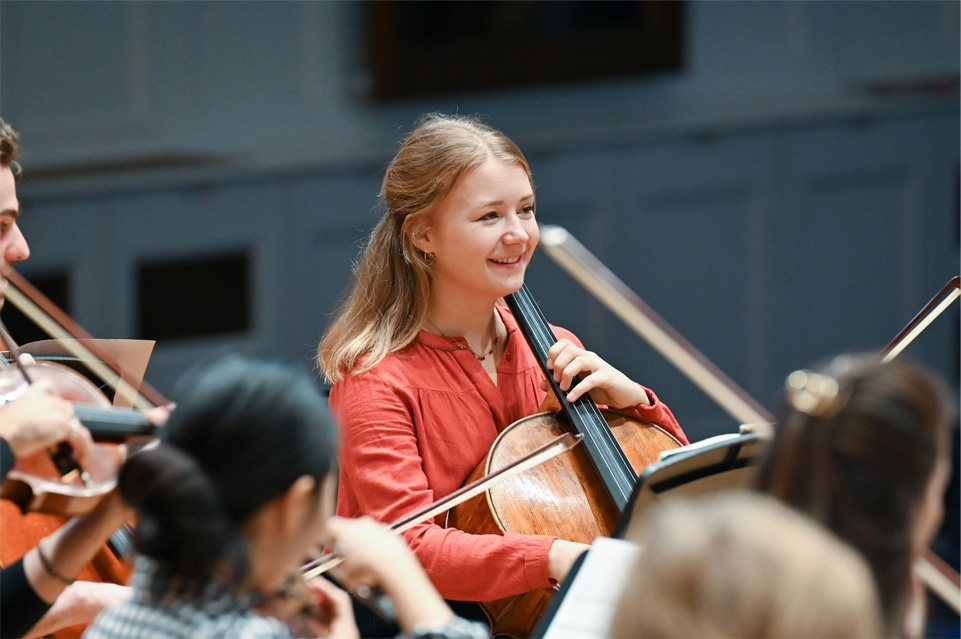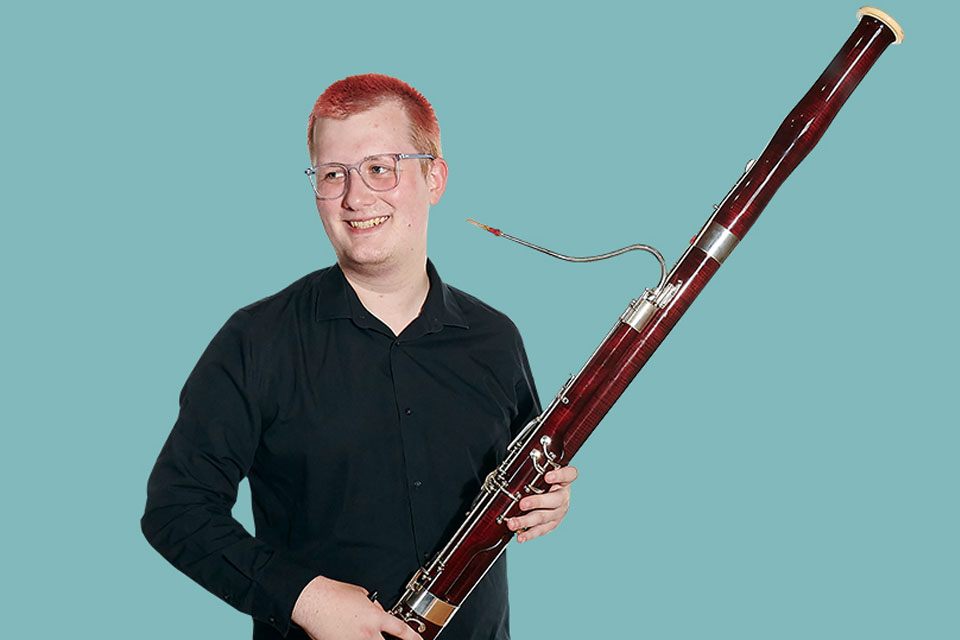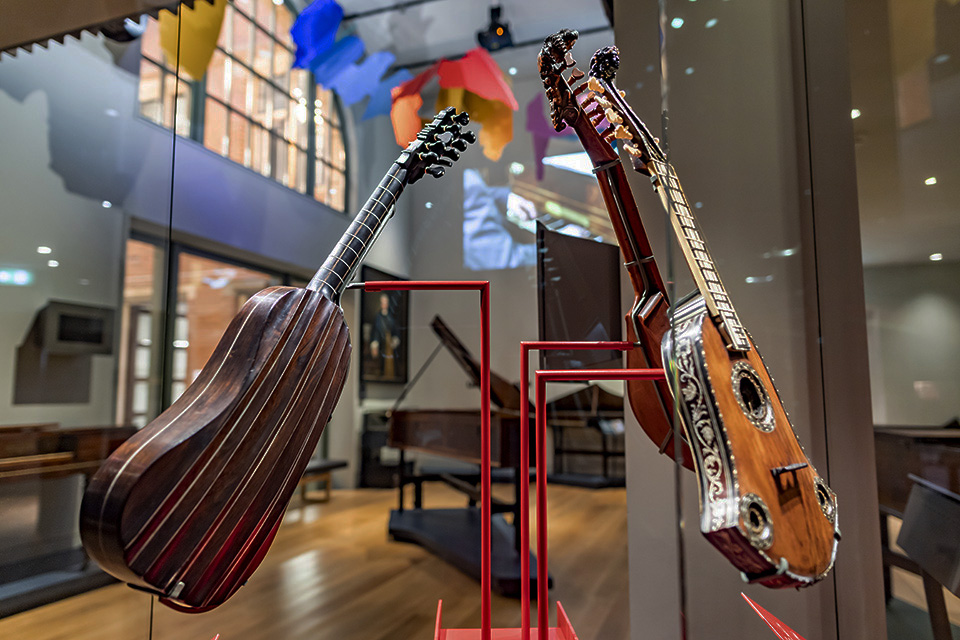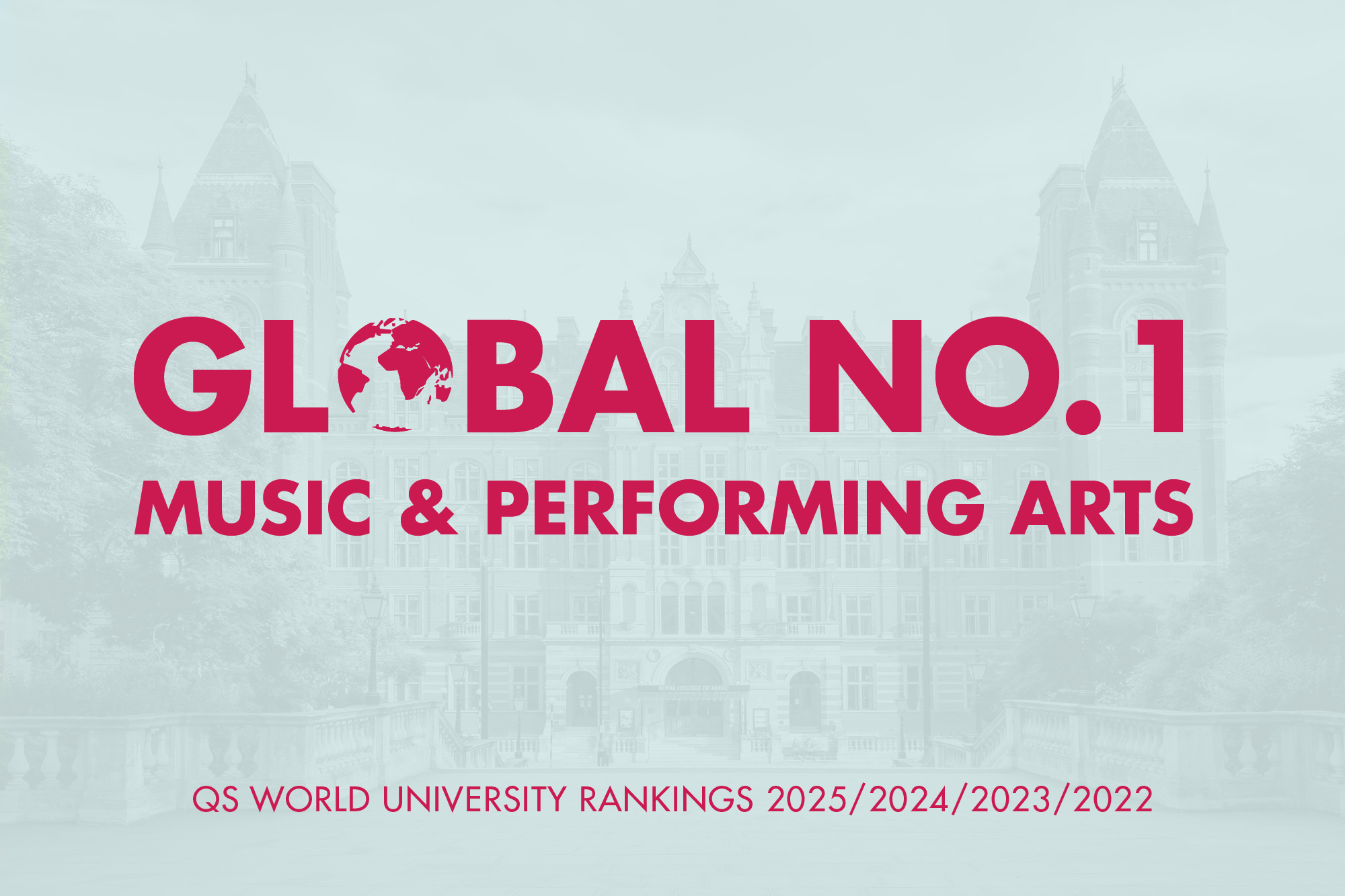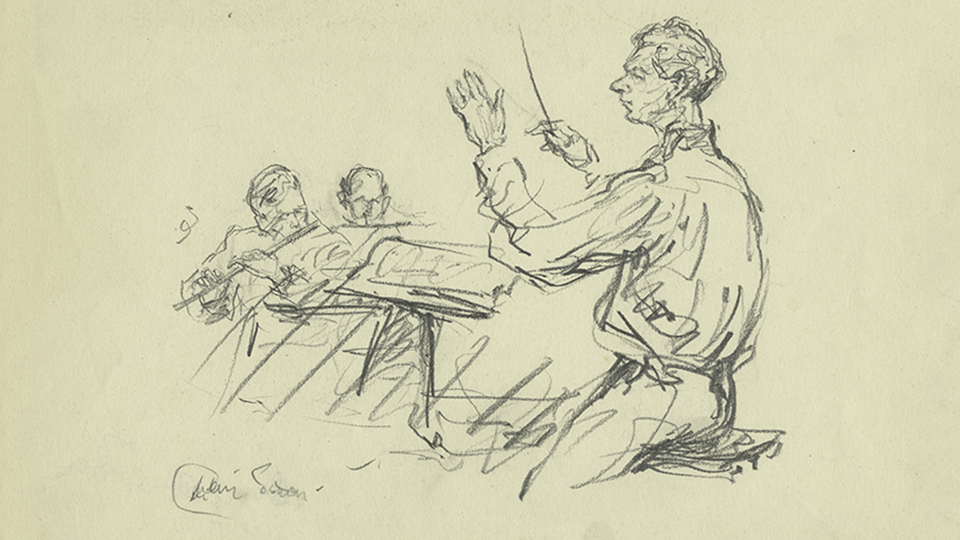Music, Migration and Mobility: The Legacy of Migrant Musicians from Nazi-Europe in Britain is a performance-led and multi-disciplinary project that seeks to better understand the significance of migration and mobility for music. Funded by the Arts and Humanities Research Council (AHRC) with a grant of c£900,000, it brings together an international team of musicians, archival researchers, musicologists and geographers for one of the biggest musicological research projects at the RCM to date.
This three year interdisciplinary project will study the mobile lives, artistic products and impact on British culture of musicians who came from Nazi-ruled Europe during the 1930s and '40s. Many of them went on to make major contributions to art music in the ensuing decades as performers, composers, arrangers, conductors, broadcasters and teachers. The project will also probe the practical challenges of performing and mediating the largely unknown body of works by these musicians, composed after they had settled in Britain but defined by trans-national influences and traditions, doing so through a series of open rehearsal workshops, public performances and recordings.
An ambitious programme of archival research in the UK, Germany, Austria and on the Isle of Man will shed new light on their experiences and contributions to national cultural renewal after the war and inform the practical investigations. Based on the archival research, the project will create online story maps that visualise where these musicians came from as well as where and with whom they worked, aiming both to understand and display the artistic relationships they formed with their British colleagues and with each other. The maps will also highlight their connections with some of Britain’s most important classical music institutions, including Glyndebourne, the BBC and the Royal Opera House, Covent Garden
Music, Migration and Mobility is led by the RCM’s Norbert Meyn, who curated the 'Singing a Song in a Foreign Land' project at the RCM and has explored the theme of music and migration with his professional Ensemble ÉMIGRÉ, with co-investigators Peter Adey, Professor of Human Geography at Royal Holloway, University of London and Nils Grosch, Professor of Music History at Salzburg University. Project partners include Glyndebourne, the German Historical Institute (GHI), the Migration Museum Project, Senate House Library, the Austrian Cultural Forum London, the Leo Baeck Institute and the Manx Museum. The project will involve RCM students and staff as performers, coaches and music editors.
The project’s outcomes include an online resource which will feature interactive story maps, biographies, recordings and oral history interviews, free to download music editions, peer-reviewed articles and data sets as well as a series of concerts and an international conference hosted by the RCM and the GHI.


